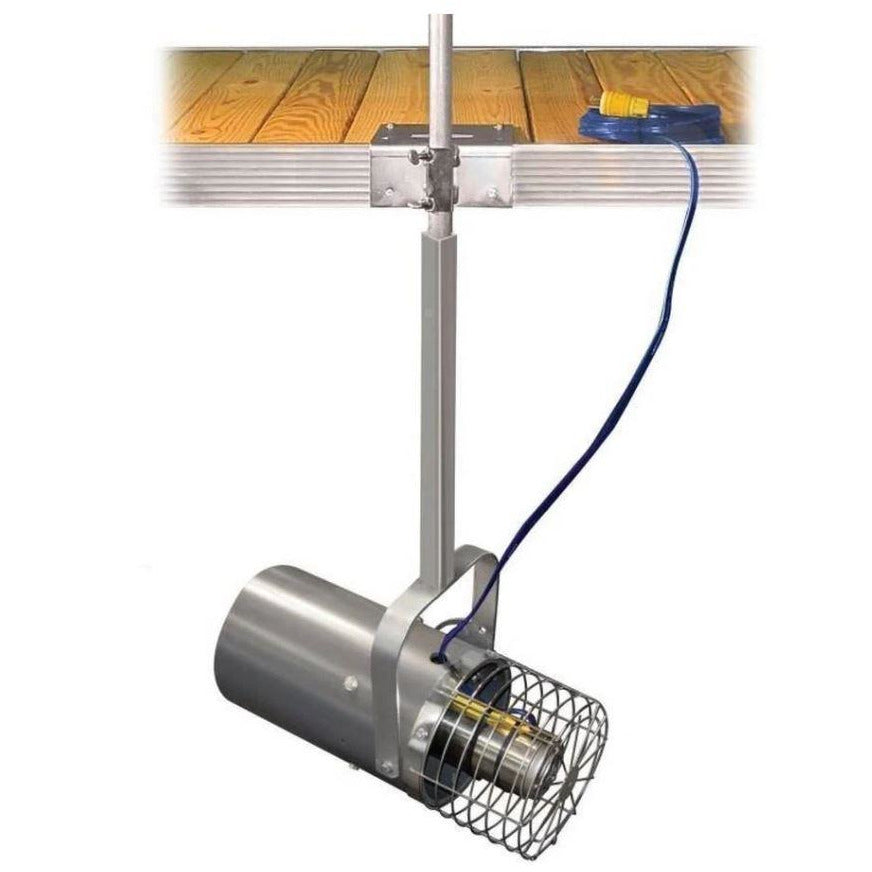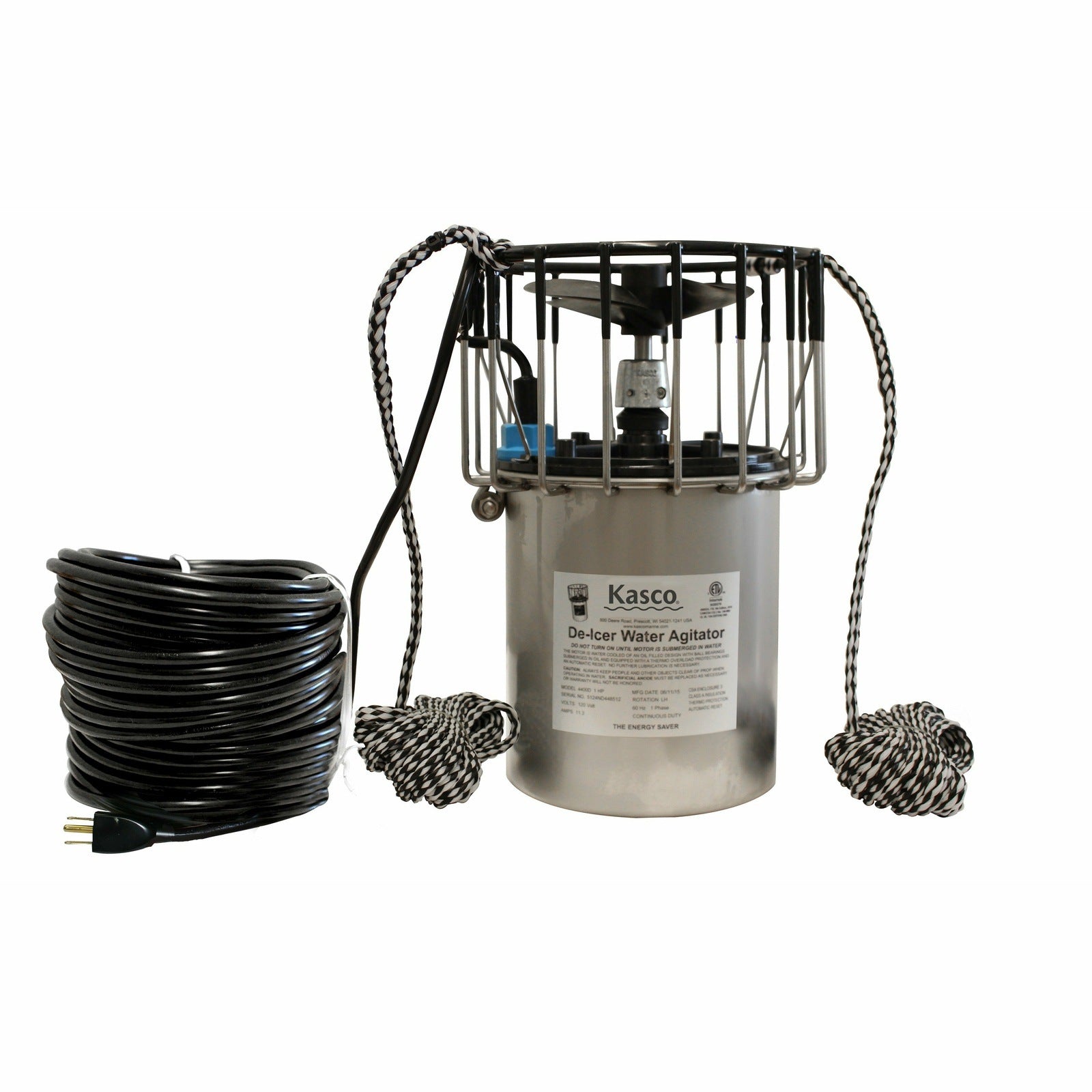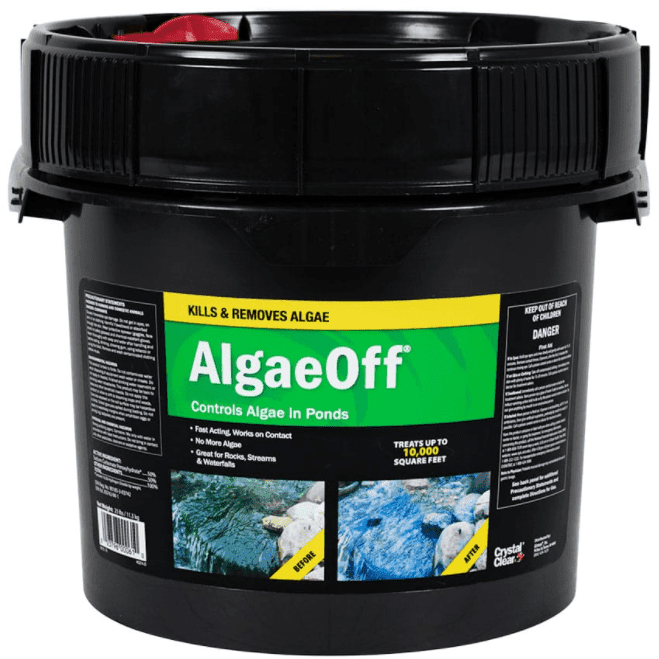Key Takeaway
Ducks eat duckweed, and while it can provide them with nutrition, the rapid growth of duckweed in ponds can create challenges. Understanding its benefits, downsides, and management is essential for keeping a healthy balance in your pond.
If you own a pond or manage one for wildlife, chances are you have come across duckweed. This tiny floating plant often covers the surface of still water and is known for spreading quickly. Many pond owners wonder if ducks eat duckweed and whether having it in their pond is good or bad.
The truth is that duckweed is both a blessing and a challenge. Ducks do eat it, but it is not the whole story. To manage it well, you need to understand its role in the pond ecosystem, its pros and cons, and how to keep it from taking over.
This guide explores everything you need to know about duckweed, from its nutritional value for ducks to the best management practices for your pond.
What is Duckweed?
Duckweed is one of the smallest flowering plants in the world. It floats on the surface of still or slow-moving water and reproduces quickly under the right conditions. A single duckweed plant looks like a small green leaf, often less than a quarter of an inch in size, with fine root hairs dangling into the water.
Duckweed thrives in nutrient-rich ponds, especially those with excess nitrogen or phosphorus. Because of its rapid reproduction, a pond can become covered with duckweed in just a few weeks during summer.
Do Ducks Eat Duckweed?
Yes, ducks eat duckweed. In fact, it is one of their natural food sources in ponds and wetlands. Duckweed is rich in protein, minerals, and vitamins, making it a nutritious snack. Wild ducks often rely on it, especially in the warmer months when it grows quickly.
For domesticated ducks, duckweed can also be a healthy supplement to their diet. It contains up to 40 percent protein, depending on the species, which is excellent for their growth and energy. However, while ducks enjoy eating it, they usually cannot control a major duckweed outbreak on their own. A large patch of duckweed will continue to grow faster than ducks can eat it.
So, while ducks contribute to natural control, they should not be seen as the only solution.
Benefits of Duckweed in Ponds
Even though duckweed sometimes gets a bad reputation, it does provide several benefits to pond ecosystems.
1. Natural Food Source
Duckweed feeds not only ducks but also fish, turtles, and other pond animals. It adds variety to the diet of wildlife and supports a balanced food chain.
2. Water Filtration
Duckweed absorbs excess nutrients from the water. By taking in nitrogen and phosphorus, it can reduce the chances of algae blooms, which often cause murky water and unpleasant odors.
3. Shade for Aquatic Life
When duckweed covers part of the pond surface, it provides shade that helps regulate water temperature. This shading effect can protect fish and other aquatic species from extreme heat.
4. Oxygen Balance
Duckweed adds oxygen to the pond during photosynthesis. While it is true that too much duckweed can block oxygen exchange, a moderate amount can help maintain balance in the ecosystem.
Downsides of Duckweed in Ponds
While duckweed has advantages, it can also create serious problems if left unmanaged.
1. Rapid Overgrowth
Duckweed spreads at an incredible pace. Under ideal conditions, it can double its population in as little as two days. This fast growth often leads to a complete surface cover, cutting off light to the water below.
2. Oxygen Depletion
Too much duckweed blocks the transfer of oxygen between the air and water. This can stress fish and other aquatic animals, especially at night when plants consume oxygen instead of producing it.
3. Algae Competition
While duckweed can limit algae growth by reducing nutrients, a full pond cover sometimes triggers the opposite. When duckweed dies off suddenly, it releases stored nutrients back into the water, fueling algae blooms.
4. Difficult Removal
Once established, duckweed is hard to get rid of. Its small size and rapid growth make manual removal time-consuming. If ignored, it may dominate the pond and reduce its beauty.
How to Manage Duckweed in Ponds
Since duckweed has both benefits and downsides, the goal is not always to eliminate it completely but to manage it wisely.
1. Encourage Natural Control
-
Ducks: While ducks will not clear a pond entirely, they do help reduce duckweed.
-
Fish: Koi and grass carp are known to eat duckweed and can serve as natural controllers.
2. Manual Removal
You can skim duckweed from the surface using a net or rake. This works best for small ponds but can be labor-intensive if the pond is large.
3. Aeration Systems
Installing a pond aerator or fountain increases water movement. Since duckweed thrives in still water, circulation makes it harder for the plant to dominate. Aeration also improves oxygen levels, which supports fish health.
4. Nutrient Management
Duckweed flourishes in nutrient-rich water. Reducing fertilizer runoff, limiting organic waste, and avoiding overfeeding fish will decrease the nutrients that feed duckweed.
5. Biological Control
Introducing grass carp, where legal, can help manage duckweed naturally. These fish are voracious eaters and can keep the plant in check. Always check local regulations before adding them.
6. Chemical Treatment
In extreme cases, herbicides designed for aquatic use can reduce duckweed. However, chemicals should be the last option, as they can harm other plants and animals in the pond.
Balancing Duckweed in your Pond
The best approach to duckweed management is balance. A little duckweed provides food, shade, and nutrient control. Too much, however, causes oxygen loss and water quality problems.
If you have ducks, they will naturally feed on it and keep it in check to some degree. If you also manage nutrients, encourage circulation, and consider natural predators, you can maintain a healthy pond without losing all the benefits that duckweed offers.
Conclusion
So, do ducks eat duckweed in ponds? Absolutely. Duckweed is a natural and nutritious food source for ducks, making it a valuable part of the ecosystem. However, its ability to grow rapidly means that it must be managed carefully.
By understanding both the benefits and downsides of duckweed, pond owners can take the right steps to keep it in balance. Ducks, fish, aeration, and nutrient control are practical tools to prevent duckweed from overwhelming a pond.
A pond with balanced duckweed levels not only supports healthy ducks but also creates a thriving environment for fish, plants, and other wildlife.














1 comment
Kathy Russell
I live in the Twin Cities in a senior cooperative. We have a lovely pond with 2 fountains. This year the duck weed is covering the pond. I wondered if duck farms ever rent out their ducks to help cut back on some of this weed. I’m looking online but haven’t found such a thing. Any ideas or tips on this idea would be greatly appreciated!